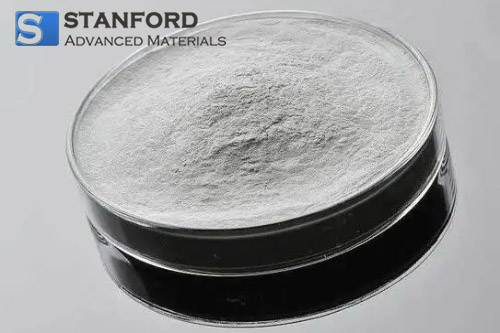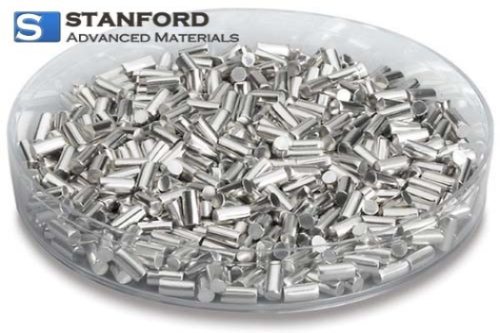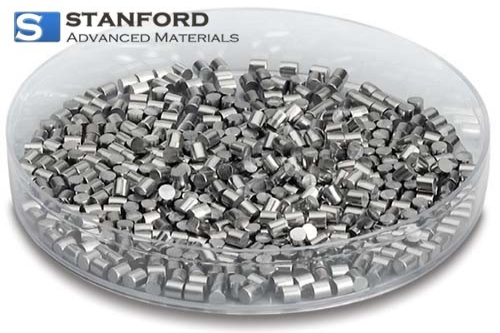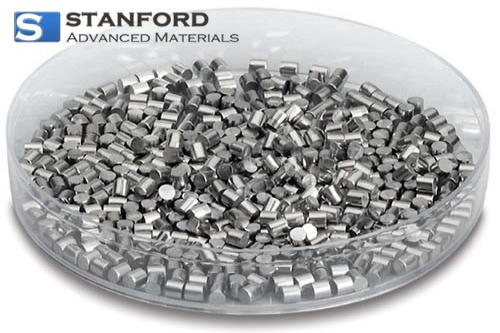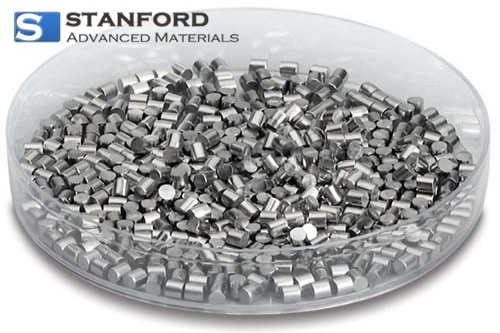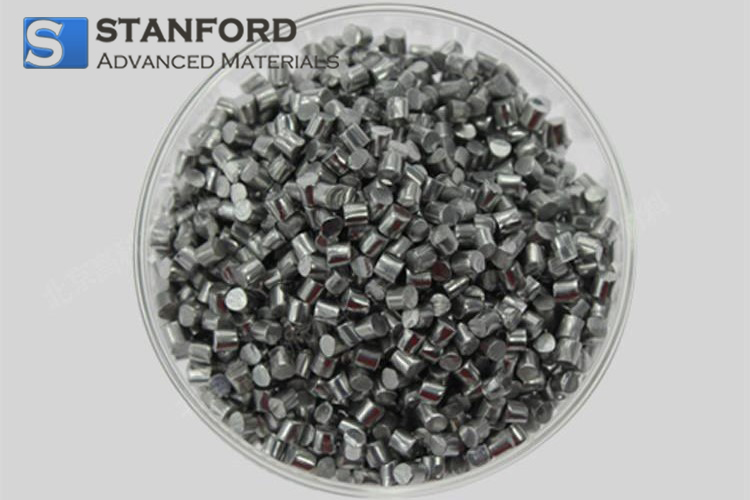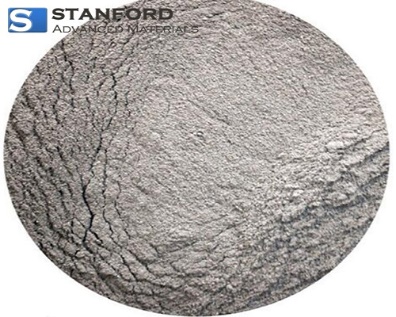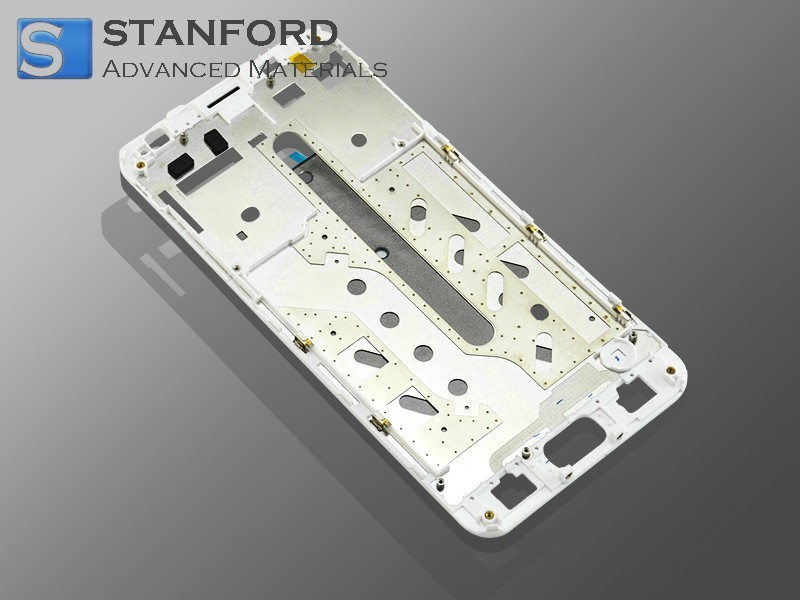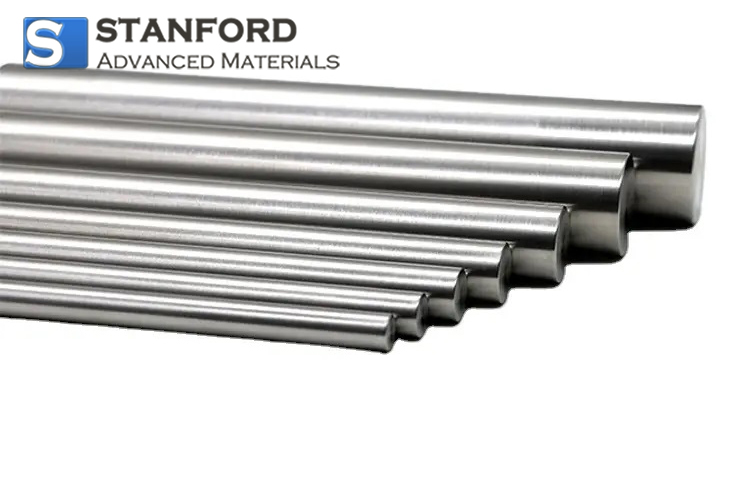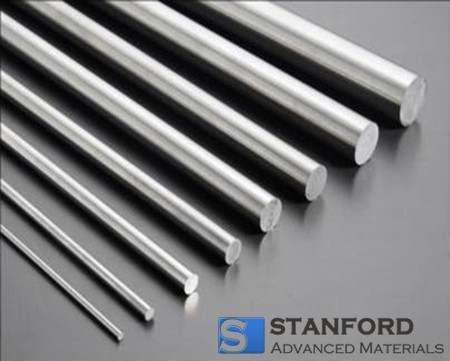Aluminum Titanium Carbon Alloy Rod Description
Advantages of Aluminum Titanium Carbon:
- As far as the master alloy production process is concerned, the Al-Ti-C production process is pollution-free and is a typical energy-saving and emission-reducing product.
- Compared with the purity of the master alloy, since there is no potassium fluoroborate as the raw material, the Al-Ti-C master alloy is not prone to salt inclusions.
- Release nucleation particles during the casting process to effectively refine equiaxed crystals and prevent the formation of columnar grains.
- No TiB2 agglomeration, reduced inclusion content, eliminated surface oxide layer and defects
- In terms of the impact on the number of second-phase particles, when pursuing the same grain refinement effect, a smaller amount of hard spots can be introduced into the aluminum melt through the Al-Ti-C master alloy to avoid its potential Adverse effects, which is more meaningful when producing PS boards or double zero foils.
- It is more advantageous to use Al-Ti-C master alloy to refine grains when producing aluminum materials for the nuclear industry that cannot contain boron.
- Cost saving. When pursuing the same refinement effect, the amount of aluminum titanium carbon added is generally less than that of aluminum titanium boron.
Aluminum Titanium Carbon Alloy Rod Specifications
|
Grade
|
Chemical composition (%)
|
|
Ti
|
C
|
Fe
|
Si
|
V
|
B
|
Impurities
each
|
Total impurities
|
Al
|
|
AlTi5C0.18
|
4.5-5.5
|
0.13-0.23
|
≤0.20
|
≤0.20
|
≤0.10
|
≤0.004
|
≤0.03
|
≤0.10
|
Bal.
|
|
AlTi3C0.15
|
2.6-3.4
|
0.08-0.22
|
≤0.20
|
≤0.20
|
≤0.10
|
≤0.004
|
≤0.03
|
≤0.10
|
Bal.
|
Aluminum Titanium Carbon Alloy Rod Applications
It is widely used in aluminum castings, aluminum profiles, aluminum cables, aluminum foils, and other industries.
Aluminum Titanium Carbon Alloy Rods find applications in a variety of industries and processes:
-
Precision Machining: AlTiC Rods are used for precision tooling, providing exceptional wear resistance and extending tool life in machining processes.
-
Aerospace: In aerospace engineering, these rods are employed for the fabrication of structural components, engine parts, and high-performance fasteners.
-
Automotive: AlTiC Alloy Rods are used in automotive applications, such as engine components and transmission parts, to enhance durability and reduce weight.
-
Electronics: Their exceptional electrical conductivity makes them suitable for electronic connectors and heat sinks.
-
Medical Devices: AlTiC Alloy Rods are used in medical instruments and implants due to their biocompatibility and durability.
Aluminum Titanium Carbon Alloy Rod Features:
Exceptional Hardness: AlTiC Alloy Rods exhibit exceptional hardness, thanks to the incorporation of titanium carbide, making them ideal for applications where wear resistance and durability are critical.
Lightweight: The aluminum component of this alloy ensures that AlTiC Alloy Rods remain lightweight, reducing the overall weight of components and structures without compromising strength.
Corrosion Resistance: AlTiC Alloy Rods offer excellent resistance to corrosion, making them suitable for use in various environments, including those exposed to moisture, chemicals, and high temperatures.
Thermal Stability: These rods maintain their structural integrity even at elevated temperatures, ensuring reliable performance in extreme conditions.
Versatility: AlTiC Alloy Rods are adaptable to a wide range of applications, from precision machining and tooling to aerospace components and electronics.
Aluminum Titanium Carbon Alloy Rod Packaging
Our Aluminum Titanium Carbon Alloy Rod is carefully handled during storage and transportation to preserve the quality of our product in its original condition.
1ton/tray or box
